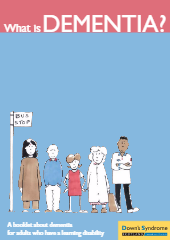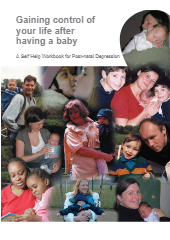
As a social worker, you may find the Rosenberg Self-Esteem Scale to be a valuable and effective assessment tool in your work with clients. This 10-item scale is widely used in social-science research and can provide essential insights into your service users’ self-esteem levels, helping you better understand their emotional well-being and self-perceptions.
During your interactions with service users, you can administer the Rosenberg Self-Esteem Scale to gauge their current positive and negative feelings about themselves. By asking them to respond to the scale’s statements, you can gain a clearer picture of their self-worth, self-confidence, and overall self-image. This information can guide your treatment planning and intervention strategies, allowing you to tailor your support to address any self-esteem issues effectively.
The scale’s simplicity and brevity make it easy to administer, and you can use it in various contexts, such as individual therapy sessions, group counseling, or community assessments. You can utilise the results to measure your clients’ progress over time and identify areas of concern that may require additional support.
Remember that the Rosenberg Self-Esteem Scale is just one tool among many at your disposal. While it provides valuable insights, it should always be used in conjunction with your professional judgment and considering the unique context and needs of each client. As a skilled social worker, you can interpret the scale’s results sensitively and use them to foster a positive and empowering therapeutic relationship with your clients.
FREE PDF DOWNLOAD OF ROSENBERG SELF-ESTEEM SCALE








